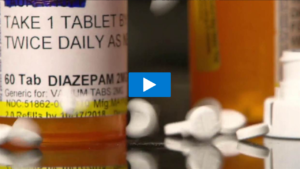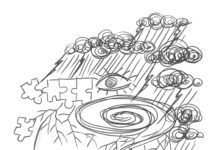From NBC News: “Prescriptions have increased more than 60 percent in the last two decades and overdose deaths involving them have more than quadrupled between 2002 and 2015, prompting some states to limit the number of pills a patient can be prescribed.”















